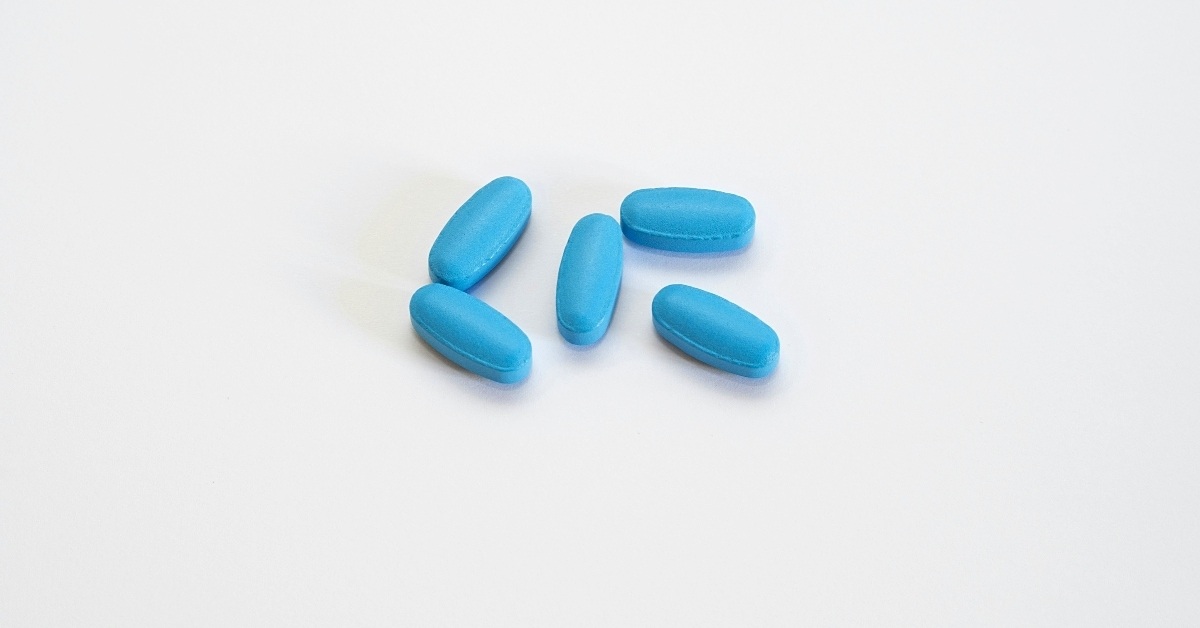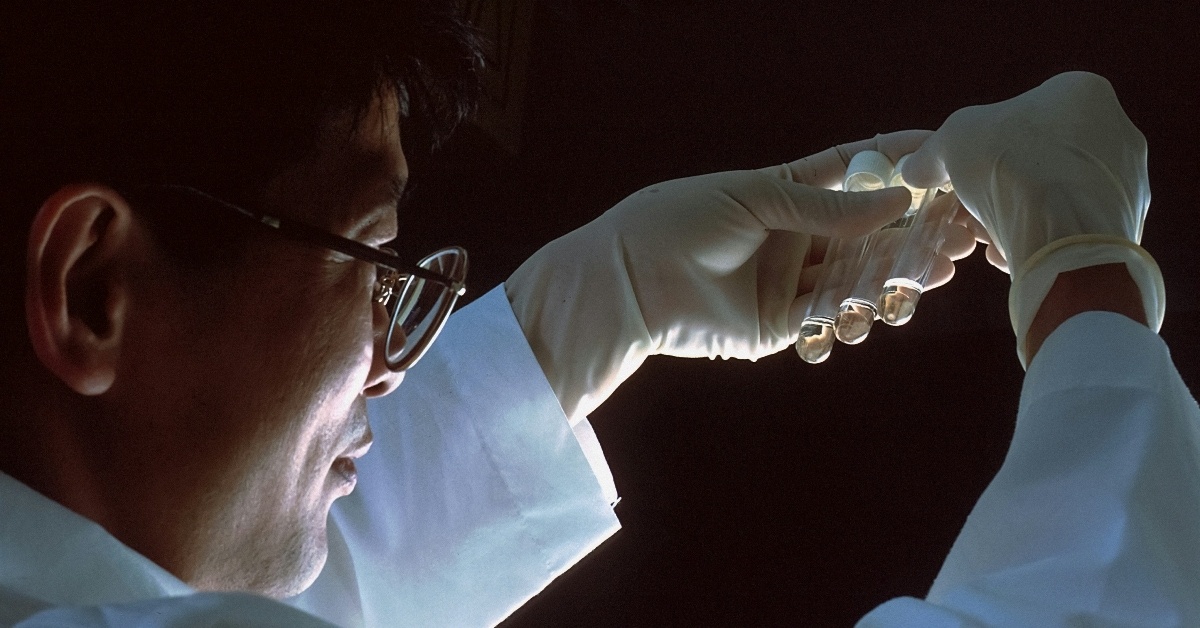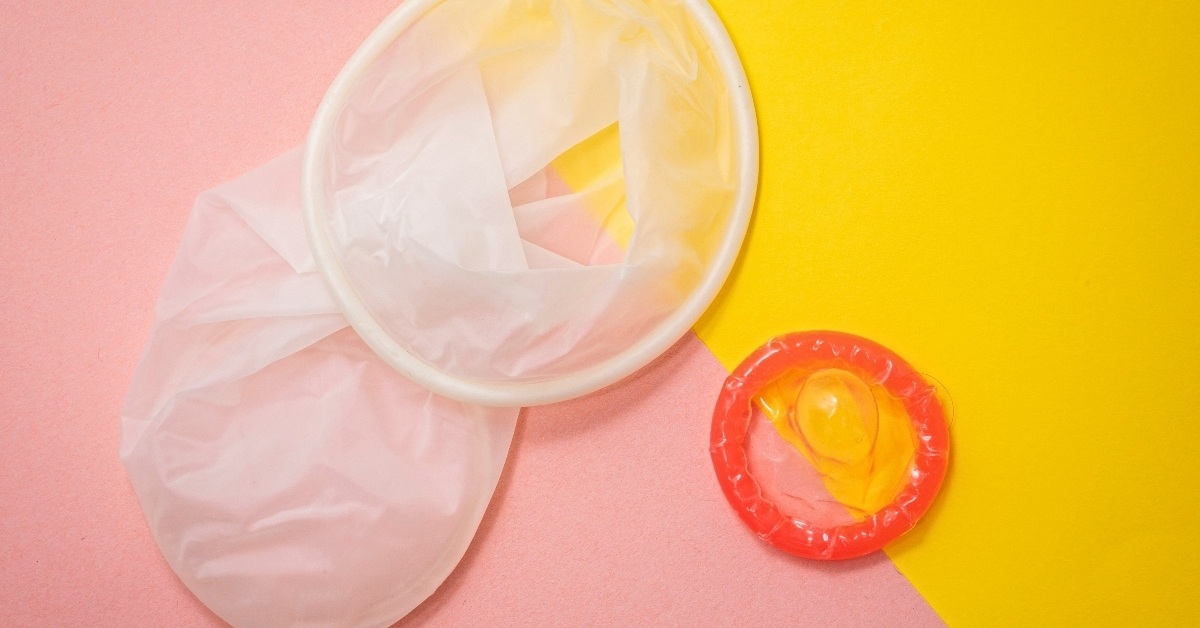BY: DM
Published 5 months ago

All medicines have side effects – HIV prevention pills are no different. The good news is PrEP (pre-exposure prophylaxis) is extremely effective and generally very safe. Major health authorities report “PrEP is safe” and have found no significant health problems even after five years of use, HIV.gov reports.
When taken every day as prescribed, PrEP reduces your chance of getting HIV from sex by about 99% (and by at least 74% for people who inject drugs). In plain language, PrEP is a reliable shield against HIV. It’s life-changing for the LGBTQIA+ community, but like any powerful medicine, it can cause short-term bumps in the road. Let’s break down the facts, bust some myths, and show you how new telehealth programs like Mistr make starting PrEP easy, private, and stress-free.
How does PrEP work?

PrEP is a preventative HIV treatment for people who are HIV-negative but at ongoing risk of exposure. It usually comes as a once-daily pill of the same kind of antiretroviral medicine used to treat HIV. In effect, the drugs build up in your body so that if the virus ever enters, it can’t replicate and establish an infection. Health experts say anyone who has had condomless sex or shared injection equipment in the past month should consider PrEP. That includes gay, bisexual or straight people – PrEP isn’t just for men. The CDC recommends PrEP for people who have had anal or vaginal sex with an HIV-positive partner, haven’t consistently used condoms, or have had another STI recently.
In the U.S., two oral pills are FDA-approved. Truvada is approved for anyone at risk through sex or injection. Generic versions of Truvada are also available. Descovy is approved for sexually active men at risk. It is not approved for people at risk through vaginal sex. For some patients, doctors may prefer Descovy because it tends to be gentler on the kidneys and bones. Finally, a long-acting shot called Apretude was approved in 2021. After an initial injection, followed by one every two months, it protects against HIV for people at risk from sex.
CDC and NIH data show that people who take PrEP as directed nearly eliminate their risk of HIV. One NIH fact sheet notes daily PrEP “reduces the risk of getting HIV from sex by about 99% and from injection drug use by at least 74%.”
PrEP users reported several symptoms when taking the medication.

When it comes to side effects, PrEP users have reported mild changes in their bodies. The most common ones when people start PrEP pills are:
- Gastro issues (nausea, diarrhea, stomach ache).
- Headache or tiredness.
- Minor weight changes or sleep issues.
CDC and HIV.gov say most folks notice them in the first weeks, and then they fade. HIV.gov notes that “side effects are usually not serious and go away over time.” If you do get these, simply staying hydrated and eating well often helps. If they persist, your doctor can switch medications or give remedies. Importantly, all medications cause some short-term side effects for some people – PrEP is no different.
Researchers have also looked at whether PrEP can affect organs over the years. The main concerns are the kidneys and bones. This is because tenofovir — one of the drugs — can have small effects there. CDC guidance reports that tenofovir may cause small declines in kidney function, but “these decreases typically return to earlier levels when the patient stops taking the medication.”
Bone density is another concern, especially for young people. Some trials found that teenage boys on PrEP had slight bone loss, but older teens (18–22) generally bounced back after stopping.
PrEP misconceptions versus reality—here’s the truth.

There are several myths surrounding PrEP that need to be addressed with accurate information. One common myth is that “PrEP is just for gay men.” In reality, PrEP is approved for anyone at risk of HIV, regardless of gender, sexuality, or relationship status. Another myth suggests, “If I’m on PrEP, I can ditch condoms entirely.” While PrEP is highly effective at preventing HIV, it does not protect against other sexually transmitted infections (STIs) or pregnancy.
Others believe that “PrEP is new and dangerous — the side effects are terrible.” In fact, PrEP is not an experimental treatment. These medications have been studied for over a decade, and research shows that side effects are generally mild.
For the LGBTQIA+ community, PrEP has been revolutionary. If you’re interested in trying PrEP but feeling nervous, know that help is available. Mistr makes the process simple and discreet. You don’t have to sit in a clinic waiting room worrying about being judged.
About Mistr
Mistr is a gay-owned and operated online platform that brings together doctors, pharmacists, and industry minds to provide resources and PrEP to folks in need. Instead of relying on insurance providers to approve the purchase of PrEP, Mistr cuts out the middleman to help people get their prescriptions covered.
What myths did you believe about PrEP before learning the facts? Comment below!










